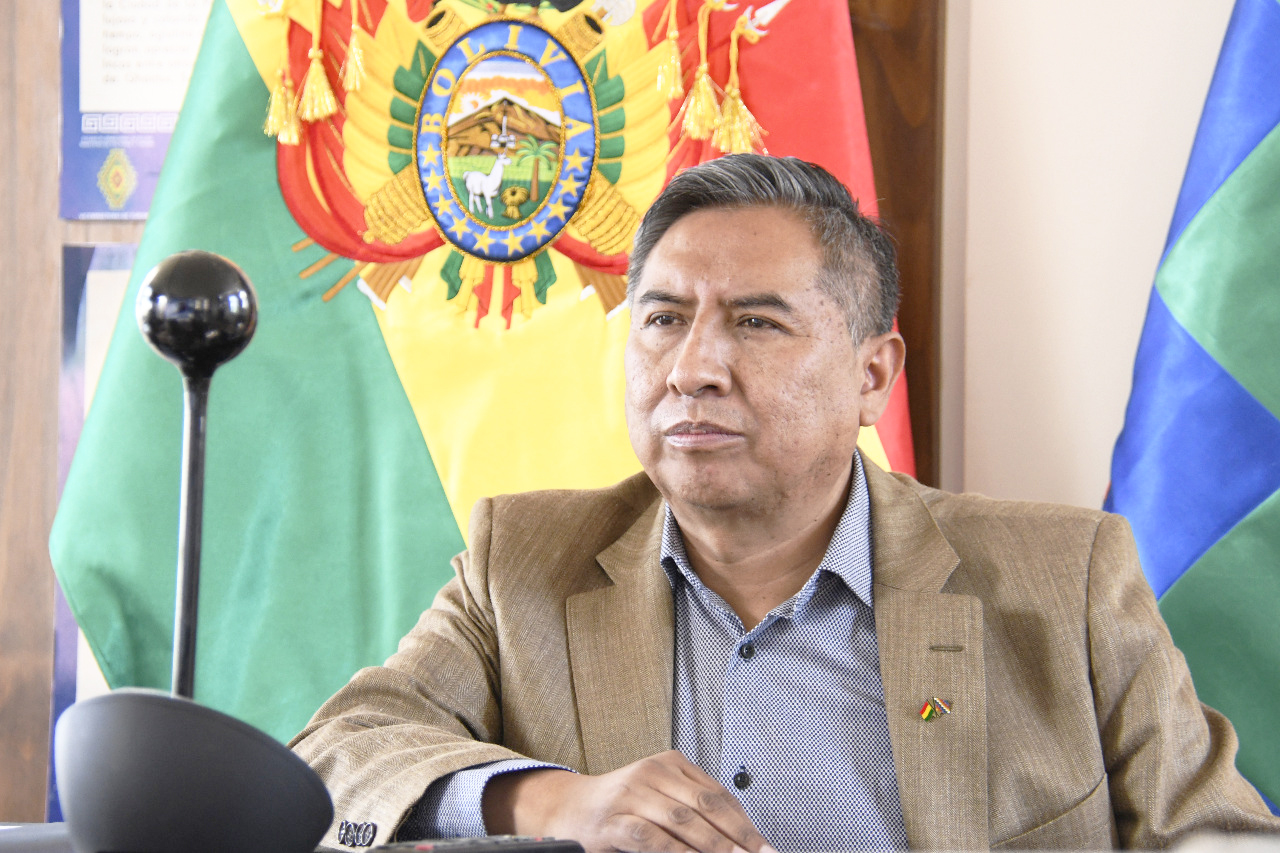RIO DE JANEIRO, BRAZIL – The first session of the Intergovernmental Council of the Ibero-American Institute of Indigenous Languages (IIALI) defined that the Bolivian city of La Paz will be the headquarters of this entity created to preserve the languages of the native peoples of Latin America and the Caribbean.
The results of the meeting were announced at a press conference in La Paz by the Bolivian Foreign Minister, Rogelio Mayta; the Director of Indigenous Affairs of the National Institute of Indigenous Peoples of Mexico, Saúl Vicente, and the Director of Indigenous Populations of the Ministry of Culture of Colombia, Luis Sevillano.
Mayta informed that the institute’s headquarters “will be in Bolivia, in La Paz” because its technical secretariat has been entrusted to the Fund for the Development of Indigenous Peoples of Latin America and the Caribbean (Filac), also based in this Bolivian city.

“Also, at this meeting, this intergovernmental council has decided that the presidency will be held for the first two years by Bolivia and will subsequently rotate among our other member countries, Mexico and Colombia,” added the Bolivian foreign minister.
The three countries initially make up the IIALI Intergovernmental Council, while Ecuador, Guatemala, El Salvador, Nicaragua, Panama, Paraguay, and Peru, which have pledged their political support to the institute, are in the process of completing their full incorporation into the body.
The institute’s creation was defined at the Ibero-American Summit held in 2006 and was ratified and furthered at similar meetings in 2018 and 2021 to preserve and promote the indigenous languages spoken in Latin America in the face of the risks of disappearance that threaten them.
The bodies implementing the initiative are Filac, the Ibero-American General Secretariat (Segib), and the Organization of Ibero-American States (OEI).
LANGUAGES AT RISK
A 2021 Filac study showed that of the 827 indigenous peoples in Latin America and the Caribbean, only 557 preserve and speak their language. Still, many of these languages are at risk of being lost because they are spoken in small populations.
“Language is part of our culture; it is part of who we are as a people, hence the importance of safeguarding and revitalizing it,” said Mayta.
Saul Vicente stressed that with the institute’s creation, the region “is putting itself at the forefront of the International Decade of Indigenous Languages approved by the United Nations” for the period 2022-2032.
“We are preparing the operational plan of the IIALI initiative to strengthen and revitalize our indigenous languages so that they form part of the structure of all the approaches that are given in our countries and are not only given in one language but in all of them because in them are the ancestral knowledge of our peoples,” he said.
Luis Sevillano thanked the reception in Bolivia and assured that what lies ahead is “a lot of work” due to the challenge of setting up the institute.
“A great challenge to make effective the safeguarding, protection and make our languages become an axis of development and an essential engine for each of our nations,” he added.

